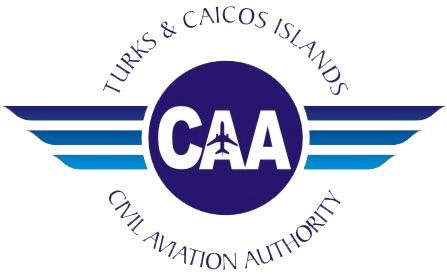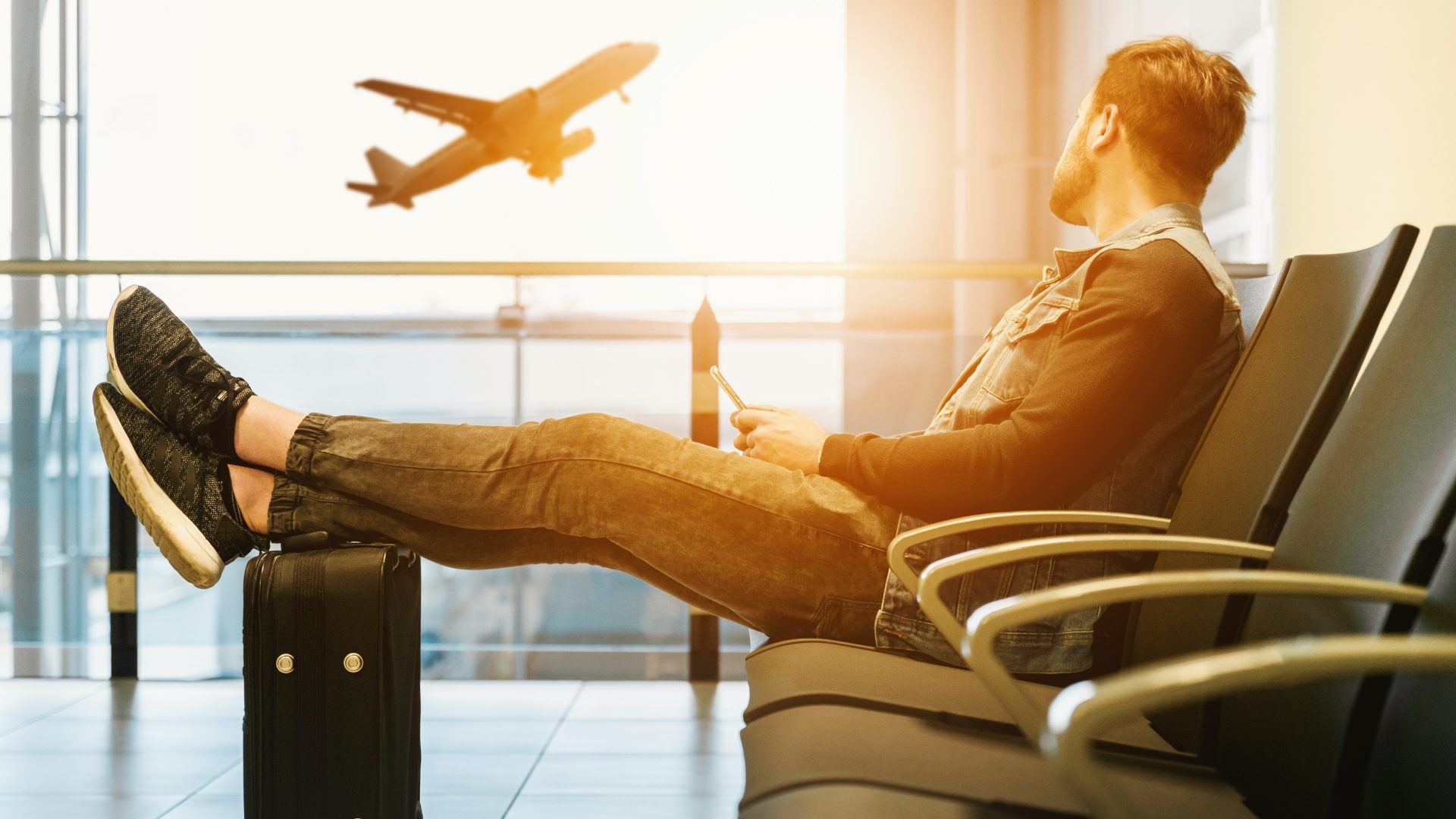Special Assistance
Guidance for passengers requiring extra help due to their age, or for illness or injury, or for those passengers who have disabilities including sensory, learning, psychiatric or mobility disabilities.
Extra help in the airport or to get onto the aircraft
If you need extra help in the airport, or on the aircraft because of a sensory, learning, psychiatric or mobility disability, you have the right to it. This help is also available to those people who require extra help due to their age, or due to a temporary illness or injury e.g. a broken leg in a cast.
In order to get the best level of assistance, you will need to let your booking agent, tour operator or airline know about your need for assistance at least 48 hours before travel. Check with the airline you are looking to travel with about when you need to let them know of your requirements. Better still, why not let them know at the time of booking.
It may be that it is a requirement of the airline that you advise them online at the time of booking that you require special assistance. As you might need a medical certificate from your Doctor to advise the airline that are fit to fly. Do check the requirements of the airline.
It is important to let your booking agent, tour operator or airline know about your need for assistance in order to get the best possible service. However, even if you don’t pre-advise, the airports and airlines are required to make all reasonable efforts to help.
The type of mobility assistance you may receive at the airport may be:
- A guide to assist vision-impaired passengers through security and to the correct gate
- Transport and assistance through the airport
- A lift to the aircraft doors
If you require assistance boarding the aircraft, depending on which airline you are travelling with, you may be boarded before all the passengers or after all the passengers. Check with your airline if this of importance to you.
Also, if you are disabled, might be able to benefit from cheaper parking at the airport. Check with the airport before booking.
Powered wheelchairs and mobility aids
If you have a battery-powered wheelchair or mobility aid which you wish to take on the aircraft, you need to contact your airline to let them know. This is because battery-powered devices can be a fire risk onboard aircraft, so the airline needs to pass on to the airport the instructions for making the device safe for carriage.
It shouldn’t cost you anything if you want to take your mobility aid with you. Some airlines let you take more than one, provided that you give them plenty of advance notice.
Here are some things to remember when booking your flight or holiday:
- When you advise your airline that you will be taking your wheelchair with you, advise them of the make, model, weight and size of your wheelchair
- If you have it, take your manual with you – this might be useful for the airline when carrying your wheelchair
- Depending on the size of the aircraft, there may be issues in loading it in to the hold. If your wheelchair is collapsible, you may wish to advise your airline of this and any instructions you have for assembling / disassembling the chair.
- Is your wheelchair battery operated? Non-spillable batteries are widely accepted but wet cell batteries are not carried by some airlines. Check before you book.
- Check if your insurance covers your wheelchair just in case it is damaged whilst on holiday
- If you are planning to take a powered wheelchair or mobility device with you, you should check what the airline’s restrictions are prior to booking as these vary from airline to airline
- Keep any telephone numbers for the special assistance department of your airline handy, just in case you are unsure of anything whilst you are away
Wheelchair gel cushions
If your wheelchair has a gel cushion for extra protection and comfort, you may wish to use that cushion during flight. You should be aware that this will be subject to security clearance due to security issues on taking gels and liquids onboard aircraft. Your cushion will be scanned or screened. However, your passage through the airport and onto the plane will be made as straightforward as possible if you notify the airline in advance that you wish to use the cushion on board.
Travelling with a Companion
Be aware that you may need to take a travelling companion if you need personal care (for example in using the toilet or eating). You may also need to take a travelling companion, if you are unable to carry out safety requirements unaided such as using the seat-belt, fitting an oxygen mask in an emergency situation or reaching an emergency exit unaided.
You travelling companion will need to buy their own ticket. However, as long as you let your booking agent, tour operator or airline know about your need for assistance at least 48 hours before travel, the airline should make all reasonable efforts to ensure that you and your companion can sit next to each other.
Information about travelling with an assistance dog
An assistance dog is one that has been specifically trained to assist a disabled person, and has been qualified by one of the charitable organisations registered as members.
You have the right to travel with your assistance dog. Any other animal will typically be treated as a pet and other arrangements must be made for its carriage. Due to the intense training that guide dogs and assistance dogs receive and the fact that they are selected for their temperament, it is unlikely that such a dog would be adversely affected by a cabin emergency to such an extent that the safety of other passengers would be compromised.
When airlines can refuse to provide extra assistance
The general rule is that airlines must not refuse to accept a reservation or to carry a passenger on the grounds of disability or reduced mobility. However, an airline may refuse to honour your reservation or allow you to board the aircraft if:
- You have not told your booking agent, tour operator or airline of your disability requirements at least 48 hours before travel,
- or for safety reasons,
- or if the aircraft doors are too small.
Compensation
There is no right to immediate compensation if the airline or airport does not provide you with extra assistance.

